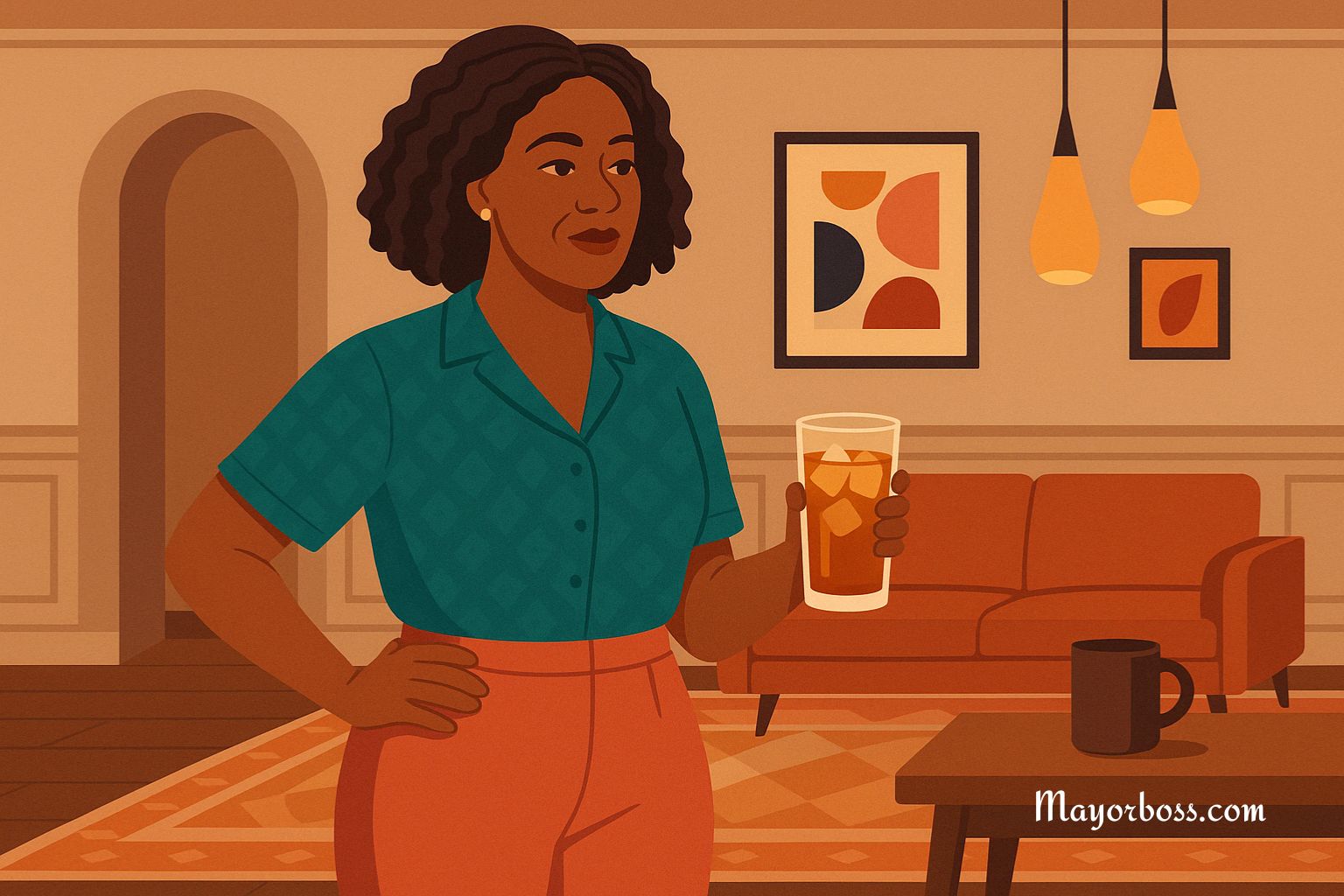These Are the Foods and Drinks That Make You Pee More Frequently
Most of us don’t think much about urinating until we find ourselves hunting for a restroom every hour. While an overactive bladder can have medical causes, what you eat and drink often triggers the rush. Knowing those triggers helps you stay comfortable and avoid embarrassing moments.

Your bladder is a stretchy, muscular pouch that stores urine until it’s convenient to empty. Nerves inside its walls signal your brain when it’s half‑full. Certain substances irritate those nerves or pull extra fluid into your urine, so the signal arrives sooner. The result? More frequent pit stops.
Doctors call anything that increases urine output a diuretic. Some prescription medicines (water pills) act this way on purpose to lower blood pressure. Many everyday foods and drinks do the same—just less predictably.
Diuretic Foods and Drinks That Make You Urinate More Frequently
Liquid reaches the bladder faster than solids, so drinks top the list of common diuretics.
Water
Plain water is gentle on the bladder, yet high volumes still accelerate filling. If you chug several glasses at once—after exercise, for example—expect a bathroom break within 30 minutes.
Coffee and Tea
Caffeine boosts kidney filtration and makes bladder muscles contract more often. Even decaf leaves trace caffeine behind. Green and black teas also carry natural compounds called methylxanthines that have mild diuretic action.
Alcoholic Beverages
Beer, wine, and spirits block antidiuretic hormone, the chemical that tells kidneys to conserve water. Without that hormone, the kidneys release extra fluid. That’s why the line outside the bar restroom is always long.
Carbonated Drinks
Fizzy sodas and sparkling water combine volume, bubbles, and—often—caffeine. Carbonation expands in the stomach, creating pressure that pushes liquid through the system faster. Sugar‑free varieties may contain artificial sweeteners that add further irritation (more on those later).
Citrus Fruits
Oranges, grapefruits, lemons, and limes are acidic. Acid can inflame the bladder lining, triggering the urge to void sooner than usual. Juice concentrates deliver the same effect in a smaller serving.
Tomatoes and Tomato Products
Tomatoes share the high‑acid profile of citrus. Ketchup, marinara sauce, and tomato soup can all amplify urinary frequency, particularly in people with sensitive bladders.
Spicy Foods
Hot peppers contain capsaicin, a compound that stimulates nerve endings—including those in the bladder. After a fiery meal, you may notice both urgency and a mild burning feeling while you go.
Artificial Sweeteners
Sucralose, aspartame, and saccharin pass through the body largely unchanged. Research shows they irritate bladder tissue in some individuals, triggering urgency even when total fluid intake is modest.
Chocolate
Chocolate supplies a lower dose of caffeine plus theobromine, another mild stimulant. Dark varieties hold more of these compounds than milk chocolate, so they tend to provoke urination more.
Cranberries and Cranberry Juice
Cranberries carry quinic acid, which increases urine volume and acidity. Doctors sometimes recommend cranberry juice to help flush bacteria from the urinary tract, but the same property can leave you racing for the toilet.
High‑Water Fruits and Vegetables
Watermelon, cucumber, celery, and strawberries are over 90 percent water. Eating generous portions hydrates you almost as quickly as drinking. If you snack on them late in the evening, expect a nighttime trip.
When Frequent Urination May Signal a Problem
Sometimes the bladder’s early warnings point to more than diet. Pain, blood in the urine, fever, or sudden leaks can indicate infection, kidney stones, or uncontrolled diabetes. If dietary adjustments fail to help within a week—or if you notice any of those alarm signs—schedule a medical evaluation promptly.
Tips to Manage Bathroom Trips
First, track your intake. A simple notebook or smartphone app can reveal patterns between certain foods and your urgency. Next, spread beverages throughout the day instead of gulping large volumes. Limit caffeine and alcohol to earlier hours so your bladder rests at night. Swapping artificial sweeteners for a small amount of natural sugar may also calm irritation.
Pelvic‑floor exercises—often called Kegel exercises—strengthen muscles that hold urine back. Aim for three sets of ten squeezes daily. If you need extra support, your healthcare provider can refer you to a pelvic‑floor physical therapist.
When to Talk to Your Doctor
See a physician if you:
- Wake more than twice a night to urinate
- Feel sudden, strong urges you cannot delay
- Notice pain, burning, or bleeding
- Experience leaks before reaching the toilet
- Have thirst and urination that soar together
Takeaways
Many foods and drinks—especially those high in caffeine, alcohol, acid, or artificial sweeteners—increase urine production or irritate bladder nerves.
